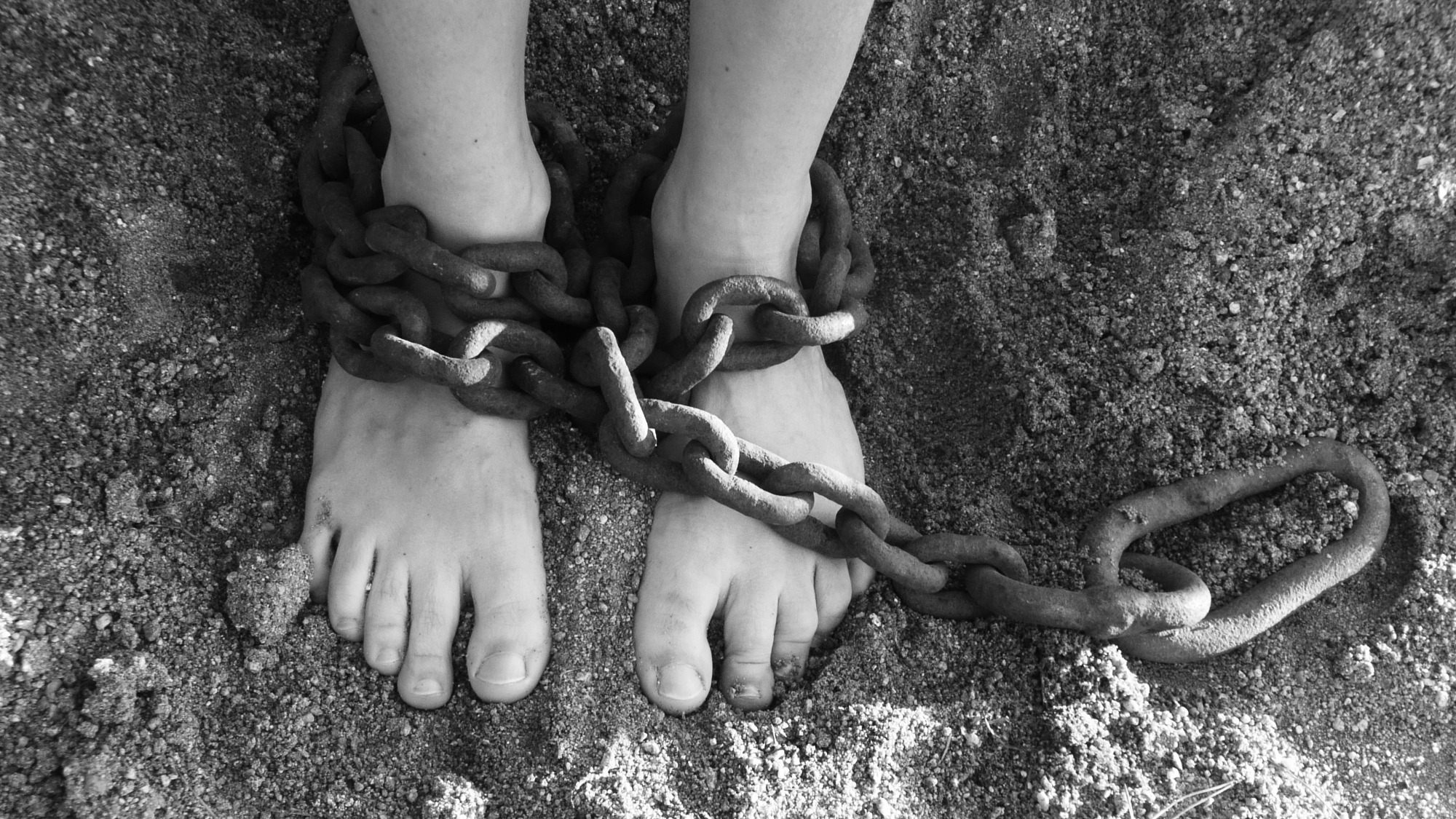Gatekeepers and Pilgrims: Choosing Control Over Christ
The Wide and Narrow Gates
A famous analogy in the Bible (Matthew) is about finding and entering through the narrow gate and walking the hard path that leads to life. Part of that analogy is a warning about the wide gate, which is easier to find but leads to destruction. I often hear these things referred to for the sake of warning others to check which path they're on, but approaching this passage with an emphasis on the warning often leads to tunnel vision. People can get so fixated on avoiding the wide gate that they fail to follow the directive about the narrow gate: find it and walk the hard path. And, because they spend so long fixated on the broad gate, when they finally find the narrow gate, they're too obsessed with the warning to actually walk the path. They resign themselves to gatekeeping, because they're so conditioned to elevate the warning above the directive that they can't leave it behind.Here’s another analogy. If I'm trying to find my way to a particular city, and I'm driving on the highway and coming up on an exit, I have to evaluate the different options — which direction to drive. I have to determine whether I should go right or left, exit or not exit, but once I've decided which direction I need to go, I need to actually do it. I can't concern myself with continually hanging out at that intersection and checking to see who's going this way or that way. I can't continue to only talk to people about the way I didn't go. I need to continue to press on toward my destination, and that means leaving that other option behind.
In other words, we don't hang around at the narrow gate just so we can tell people about the wide gate and how they shouldn't go that way. We certainly don't hang out at the wide gate to see who's going in just so we can tell them they're going the wrong way. Neither of those things gets me to my destination.
The Wedding Banquet
Matthew offers yet another analogy. If we’re invited to a banquet, we should go. We don't stand out on the street corner all night telling everybody about the banquet to which we've been invited. We go to the banquet.Some Christians might argue that they’re the servants of the Lord who go out and compel people to go to the banquet, but I think they're missing the point of the passage. We’re not the servants going out and telling people to come; we’re the people on the street — the travelers, the homeless, the poor, and the ones who weren’t previously invited. We have to answer the call. We have to walk the hard path.
I believe our testimony as children of God hinges on that identity: we tell people about the way we were invited in by the grace of God to sit freely at the table of the Lord. This is a subtle difference from standing at the gate and telling people to “come this way” or standing in the street saying, “Come to the banquet,” but it’s an important difference. It’s the difference between theory and practice. The former says, “I haven’t been there,” while the latter says, “Let me tell you where I’ve been.”
The Planks in Our Eyes
Jesus emphasizes this whole idea when he tells us to focus on the log in our eye instead of the specks in others’ eyes. Concerning ourselves with the speck is like standing guard over the broad gate. Jesus encourages us to stop being so concerned about the gate through which others are going (the speck) and start concerning ourselves with our own pilgrimage (the removal of the log).Will we learn to recognize the speck in others’ eyes? Probably. The more we can remove the log from our own eyes, the clearer we’ll see. The clearer we see, the easier it’ll be to recognize those specks, but Jesus says that’s not what we’re about. Recognizing the reality of someone else’s journey doesn’t make us gatekeepers in their journey.
Do we need to know the difference between the narrow gate and the wide gate? Yes, of course. Jesus tells us that one is better than the other, that one leads to destruction and one leads to life. If we want life, then we need to walk through the narrow gate, but the key word is “walk.” It’s a matter of forward progress, not being stationary.
Jesus Is the Gate
This isn’t the only time Jesus uses a gate analogy. In a parable about thieves stealing sheep, Jesus refers to himself as the gate. No one enters into life without going through Jesus. It's conceited to believe that Jesus needs us to watch over him.Jesus doesn't need his disciples to keep people from going to him, to check to see if they're worthy or if they're doing it right. In fact, he rebukes his disciples several times for that sort of nonsense. They tried to keep the children from going to him. They questioned his engaging with the Samaritan woman at the well. They tried to shoo away the man who kept pestering them and shouting for the son of David to listen to him.
The Pharisees made the same mistake when they questioned his eating with sinners and his allowing the “unclean” woman to wash his feet.
Peter Opposes Jesus
Peter gets his own story about this very thing. Jesus discloses to the disciples that his mission is leading him toward Jerusalem where he’ll be put to death. Peter takes him aside and rebukes him, and Jesus, in turn, rebukes Peter.“Your mind,” Jesus says, “isn’t fixed on God’s mission. You’re too focused on earthly things.”
Peter was so concerned with “standing guard” over how things were “supposed” to be that he was inadvertently trying to grind the journey to a halt.
Again, Jesus rebuked the Pharisees for that same thing: you’re locking people out while you, yourselves, refuse to go in, and when others are going in, you stop them!
The point is, if we designate ourselves as gatekeepers, then we're not fulfilling our function as pilgrims. If we're standing at the gate — any gate — telling people they can or can't go in and checking people at the door, then we're not doing what we're supposed to do, which is fix our eyes on Christ and continue to move toward God. I believe that we ought to stop wasting our time policing the door and just get on with it. I believe this is the rebuke that Jesus makes toward the religious leaders of his time, and I believe it’s the same accusation God continues to level toward God’s people.
Ultimately, choosing to be gatekeepers is a futile attempt to control the Kingdom and the Gospel to suit our own preferences. It reflects a lack of trust in God to be the gate, to host the banquet, or to dictate the path. When will we learn that God doesn’t need us to protect the borders of God's Kingdom?




Comments
Post a Comment